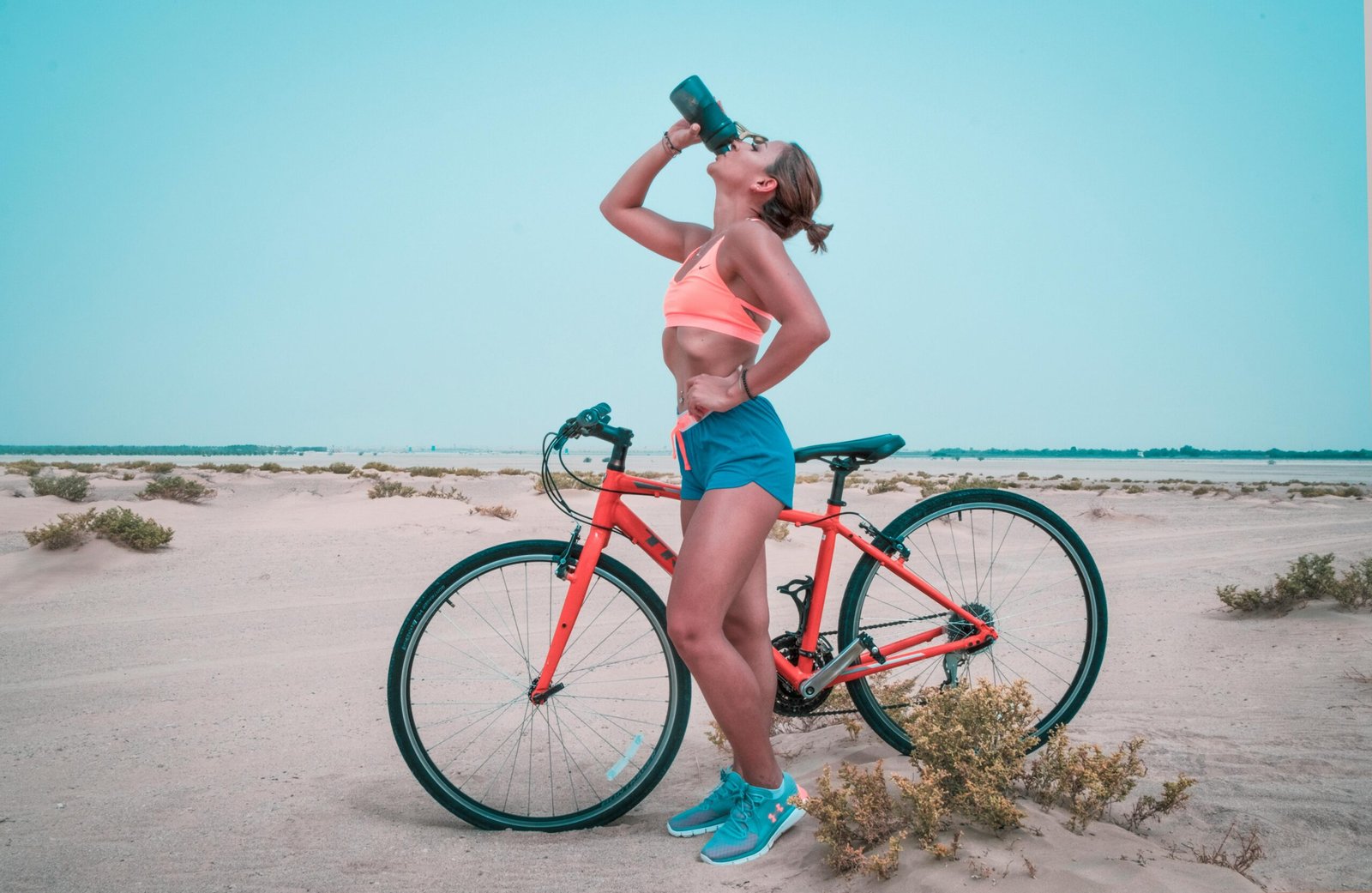Entering the summer season, which begins with the internal and external holiday season, requires a healthy and safe diet to spend enjoyable times in a way that contributes to maintaining health and safety.
“There are many people who feel tired and exhausted because they do not follow healthy eating methods. A healthy diet plays an essential role in maintaining health, vitality and activity in the summer.”
“Failing to follow a healthy diet and not drinking fluids in appropriate quantities in order to compensate the body for what it loses as a result of high temperatures leads to cases of fatigue and exhaustion, because the majority of health problems result from unhealthy eating behaviors in relation to dietary habits and errors.”
The necessity of “choosing fresh, easy-to-digest food to keep the body cool and energetic, as well as eating frequent meals in small quantities instead of large meals to facilitate digestion and reduce feelings of bloating.”
Here are the most important tips as we enter the summer season:
1- Diversify the diet
A healthy lifestyle begins with a balanced diet that contains healthy nutritional components of carbohydrates, protein, healthy fats, and vegetables for body growth and cell repair. Good fats such as avocado and olive oil help absorb nutrients. The ideal dish in the summer should consist of half vegetables and a quarter of carbohydrates. The other quarter is protein.
2- Drink plenty of water to hydrate the body
It is necessary to drink a lot of water in the hot summer, in quantities of no less than 12 cups per day, in order to combat excessive sweating, as the person loses large amounts of fluids. Water prevents dehydration and keeps the body strong and active. Fresh mint leaves and lemon slices can also be added to the water. To improve its taste, you can also drink sugar-free cold tea, caffeine-free vegetable tea, and sugar-free drinks.
3- Avoid drinking carbonated and sweetened water
Because they contain carbon dioxide dissolved under pressure, sweetening substances such as table sugar or fruit sugar, acidic substances, flavorings, and colorings, soft drinks increase the risk of some types of cancer, negatively affect the liver, and lead to weight gain due to the large amounts of sugar they contain. They are devoid of vitamins and rich in artificial dyes and flavours.
4- Plenty of vegetables and fresh fruit juices
It is recommended to eat foods rich in water during the day in particular, such as cucumber, watermelon, strawberries, cantaloupe, peaches, and apricots, as they are an important source of providing the body with fluids, in addition to containing vitamins and minerals such as sodium, phosphorus, and potassium. Fruit juices are a good source of vitamins and minerals, as they provide the body with beta Carotene compensates for the vitamins and salts resulting from fluid loss due to excessive sweating in the summer.
5- Do not eat too much legumes and fried foods
Because eating legumes such as lentils, beans, beans, etc. in the summer gives an increase in calories and generates energy for the body, in addition to the fact that legumes require a long time to digest, and reduce the consumption of frying pans as much as possible, because they increase laziness and give a feeling of lethargy.
6- Rely on eating easy-to-digest foods
As a result of weak muscle and motor activity due to high temperatures, it is preferable to eat foods that are easy to digest, due to the lack of fat and high protein content in them. It is necessary to stay away from foods cooked in oils, and to rely on grilling food, as it is an easy cooking method and the food is healthy and low in fat and calories, so It is recommended to eat this way at least once a week.
7- Practicing physical activities
Good nutrition is complemented by a system of exercises, such as exercising for a minimum of 30 minutes, especially in the morning, in addition to the great importance of walking, which rejuvenates the body, replenishes oxygen, stimulates blood circulation, and burns fat and calories.
Physical activity must be performed early in the morning or late in the evening, drinking 2 to 3 cups of water, and drink two glasses of water in the amount of half a liter after completing the physical activity, and wear a hat to protect from the scorching sun rays while exercising outside, and wear Cotton clothes.
8- Taking care of personal hygiene
In the summer, body sweating increases significantly, and if care is not taken to clean it, it leads to many skin problems. Therefore, the body must be washed twice or more daily, and clothes should be replaced immediately upon returning home.
9- Warnings when eating during summer travel trips, which are:
- Avoid eating raw foods such as meat, fish and eggs.
- Avoid foods that are at room temperature, where bacteria multiply.
- Keep vegetables, fruits and eggs in the regular refrigerator to limit the growth of bacteria.
- Avoid eating unwashed fruits and vegetables.

